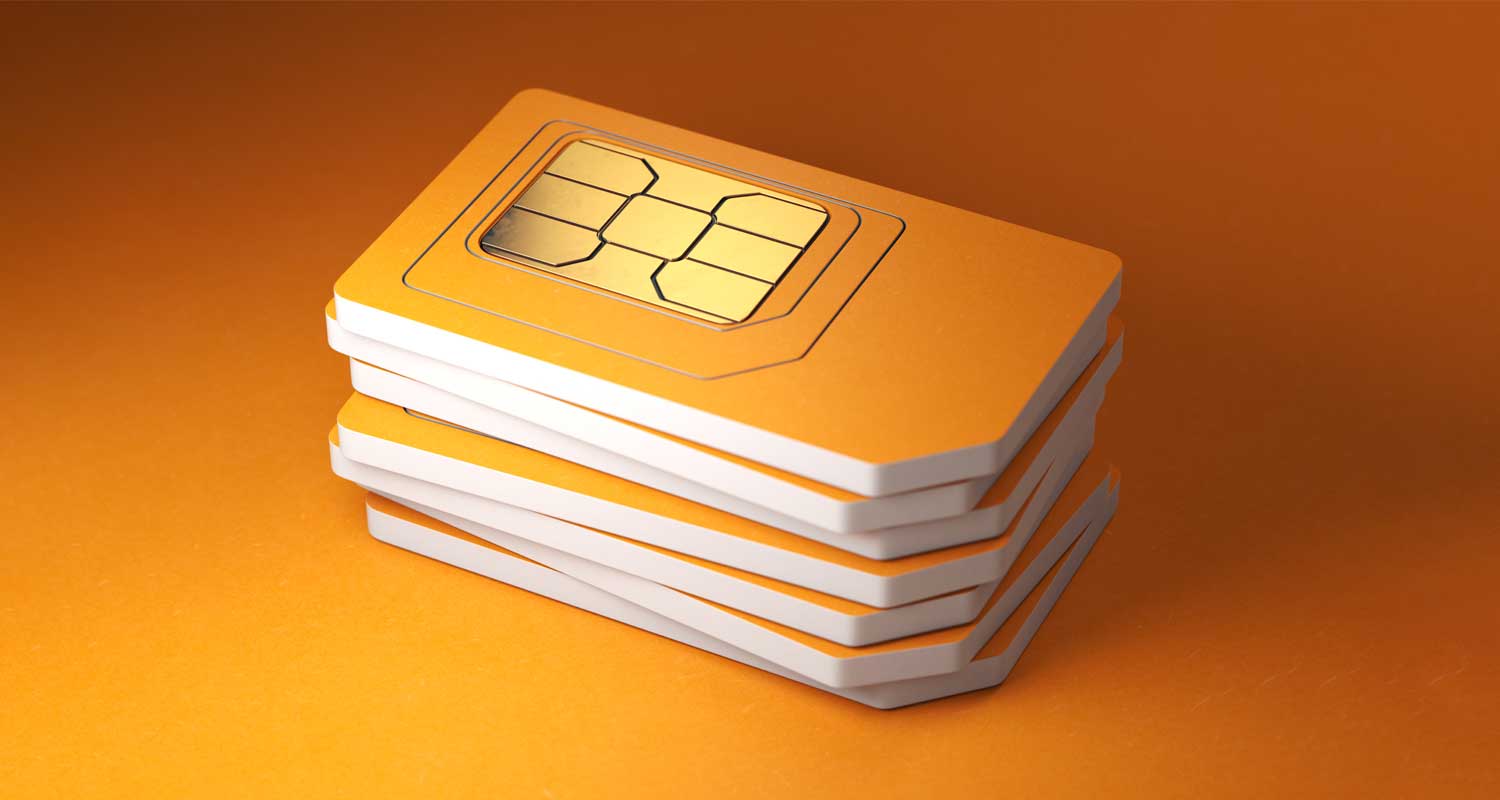 South Africa’s Sim card registration law is not working, making it more difficult for the police to fight crime, parliament has heard.
South Africa’s Sim card registration law is not working, making it more difficult for the police to fight crime, parliament has heard.
Communications regulator Icasa briefed the national council of provinces’ public enterprises & communications committee in parliament recently on the proliferation of Sim cards that have not been registered under the Rica Act.
Some MPs voiced unhappiness with the way the law governing access to Sims is being policed.
Democratic Alliance MP Mlindi Nhanha questioned whether Rica is being enforced at all.
“People take the Sim cards, use the free airtime and throw them away, not knowing that the Sim card has been Rica’d in their names,” Nhanha said.
South Africa’s Regulation of Interception of Communications and Provision of Communication-related Information Act, more commonly known as the Rica Act, requires the details of all telecommunications users to be registered. One of its aims is to assist law enforcement agencies in tracking criminals using telecoms services for illegal activities.
However, the law does not apply a limit to the number of Sim cards that a person can activate.
Sim-swap fraud, with criminals posing as legitimate cellphone account holders by using fake identity documents, is on the rise.
Rica problem
Icasa councillor Peter Zimri acknowledged to MPs that the proliferation of Sim cards is a problem. He said Icasa met with the department of justice, which is the custodian of the Rica law, in mid-September and agreed on a joint effort to ensure that the Rica’d Sim cards are not abused or distributed as freely as is currently the practice.
Icasa has requested operators not to include numbers on these Sim cards and at least to sell them “numberless” so that the Rica process can happen with someone who is present at the time, and the individual positively identified.
The regulator said it had updated its numbering plan regulations to ensure that it can identify individuals on these Sim cards. It also met with banks as there are a lot of issues in the sector over Sims being ported and Rica’d that cannot be traced.
“We have also engaged with the South African Banking Risk Information Centre to ensure we discuss this going forward,” Zimri said.

Icasa is coordinating meetings with the department of justice to discuss how to ensure the law is implemented as effectively as possible. “Icasa has a certain mandate and the department of justice also has its own mandate for Rica. We therefore need to do some ‘handshaking’ on some of the activities and have joint coordination on these Rica’d Sim cards, which we believe have become a massive problem in South Africa,” he said.
Meanwhile, parliament’s portfolio committee on justice has called on interested parties to provide written comment on the Rica Amendment Bill.
Committee chairman Bulelani Magwanishe said the purpose of the Rica Amendment Bill is to amend the act, which was introduced 21 years ago, to allow for the designation of an independent judge; to provide adequate safeguards; and to provide for adequate procedures to ensure data obtained from the interception of communications is managed lawfully and not used or interfered with unlawfully.
Read: I bought a new Sim card that was already Rica’d by someone else
“The bill seeks to provide for procedures to be followed for processing, examining, copying, sharing, disclosing, sorting through, using, storing or destroying of any data, and to provide for principles for the safeguarding of data when dealing with the management of data.”
Submissions were to have been received by 6 October. – © 2023 NewsCentral Media




